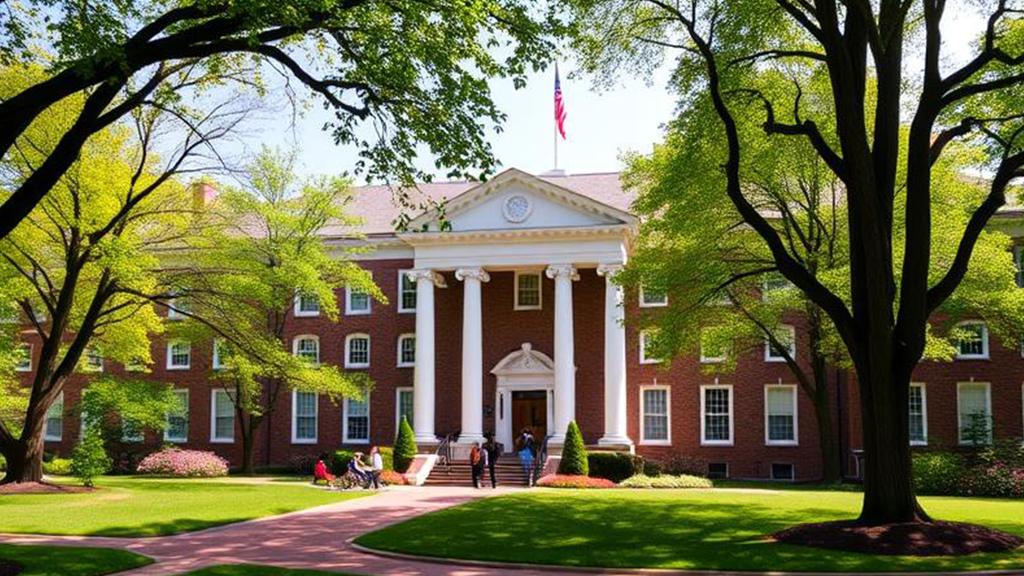

The Trump administration has escalated its confrontation with Harvard University, ordering federal agencies to terminate nearly $100 million in remaining contracts. This directive comes after a broader campaign targeting Harvard’s operations, including a prior freeze on $2.65 billion in federal research grants and threats to revoke its certification for enrolling international students.
In a directive issued by the General Services Administration (GSA), agencies were instructed to both cancel active contracts and avoid future collaborations with Harvard. The justification stems from the university’s alleged failure to combat antisemitism on campus and its continued use of race-based admissions despite the Supreme Court’s 2023 decision banning affirmative action.
White House Press Secretary Karoline Leavitt defended the policy shift by portraying Harvard as emblematic of “anti-American values.” She criticized the allocation of taxpayer funds to an institution with a $53 billion endowment and proposed redirecting as much as $3 billion in federal education funding to vocational training and technical colleges.
Harvard President Alan Garber issued a response in defense of the university’s policies. He highlighted the broader national impact of the funding cuts, stressing that these federal grants support critical scientific and technological research that benefits the country as a whole. He reaffirmed Harvard’s stance on academic freedom and diversity.
This move also intersects with immigration policy. The Department of Homeland Security previously threatened to revoke Harvard’s ability to host international students. That attempt was blocked by a federal judge who issued a temporary restraining order after Harvard filed suit.
In an unexpected twist, the German government has reportedly invited Harvard to open a satellite campus for international students, signaling concern abroad over the U.S. administration’s stance.
The dispute reflects a broader political effort to reframe the federal role in higher education and research funding. Critics view the administration’s approach as a threat to academic independence, while supporters argue that it’s a long-overdue correction to what they perceive as ideological overreach by elite universities.








© THE CEO PUBLICATION 2021 | All rights reserved. Terms and condition | Privacy and Policy